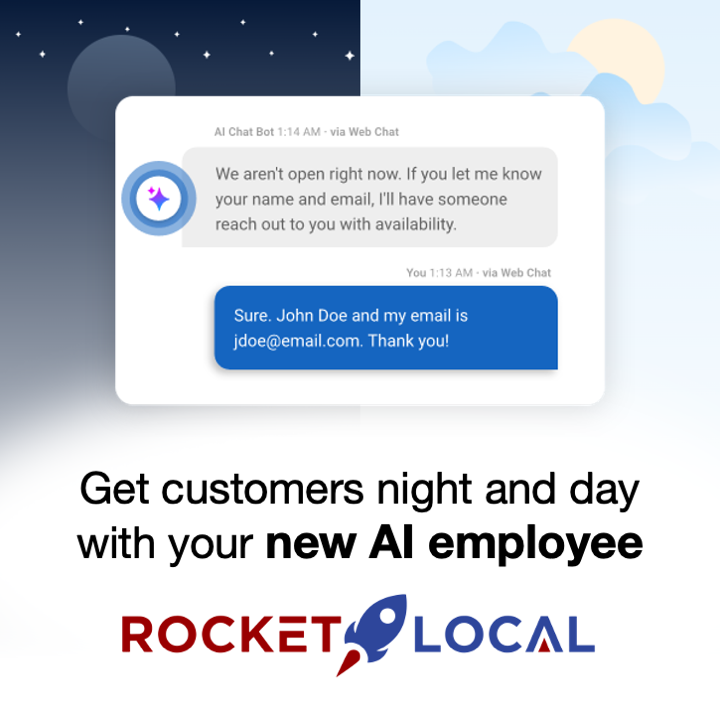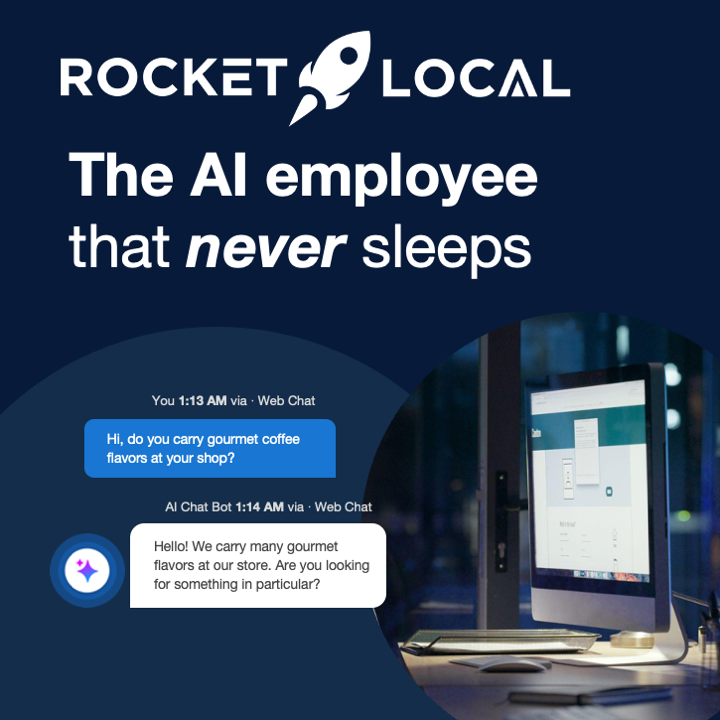In today’s fast-paced digital world, businesses need to adapt quickly to stay relevant. That’s where innovative digital marketing strategies come into play, especially those that utilize data automation, AI, and analytics. These tools not only help in understanding customer behavior but also in crafting targeted campaigns that can significantly boost engagement and conversion rates. Let’s explore how you can maximize your reach using these powerful techniques.
Key Takeaways
- Data-driven insights are essential for creating effective marketing strategies.
- Automation tools can save time and improve the efficiency of marketing campaigns.
- AI can personalize customer experiences and predict market trends, enhancing overall marketing effectiveness.
Harnessing Data for Effective Marketing Strategies
Understanding Customer Insights Through Data
Data is everywhere, and it’s talking! The trick is learning how to listen. We’re not just talking about collecting numbers; it’s about understanding what those numbers mean for your customers. Think of it as digital anthropology – studying people’s behavior online to figure out what they want, what they need, and what makes them tick. It’s like having a conversation with your audience, but instead of words, they’re using clicks, scrolls, and shares. social media monitoring can be a great way to get started.
- Track website traffic to see which pages are most popular.
- Analyze social media engagement to understand what content resonates.
- Use surveys and feedback forms to gather direct customer opinions.
Data-driven marketing isn’t just a trend; it’s the new normal. If you’re not using data to inform your decisions, you’re flying blind. It’s about making smart choices based on evidence, not just gut feelings.
Leveraging Analytics for Targeted Campaigns
Okay, so you’ve got all this data. Now what? This is where analytics comes in. It’s the process of turning raw data into actionable insights. Think of analytics as your marketing GPS – it helps you navigate the complex world of digital campaigns and get to your destination faster. Instead of blasting your message out to everyone, analytics helps you pinpoint exactly who needs to hear it. It’s about being smart, efficient, and respectful of your audience’s time and attention. You can use digital advertising metrics to measure the success of your campaigns.
Here’s a simple example:
| Metric | Definition | Why It Matters |
|---|---|---|
| Conversion Rate | Percentage of users who complete a desired action (e.g., purchase, signup) | Shows how effective your campaign is at achieving its goals. |
| Click-Through Rate | Percentage of users who click on your ad | Indicates how relevant and engaging your ad is to your target audience. |
| Bounce Rate | Percentage of users who leave your website after viewing only one page | Suggests whether your landing page is relevant to the ad and user expectations. |
- Use A/B testing to experiment with different ad creatives and landing pages.
- Segment your audience based on demographics, interests, and behavior.
- Track key performance indicators (KPIs) to measure the success of your campaigns.
The Power of Automation in Digital Marketing

Okay, so let’s talk about automation. It’s not just a buzzword; it’s a game-changer. I remember when I had to manually post on every social media platform – what a nightmare! Now, with automation, things are so much easier. It’s like having a digital assistant that never sleeps. Seriously, it’s a must in today’s fast-paced world.
Streamlining Processes with AI Tools
AI tools are really changing how we do things. Instead of spending hours on repetitive tasks, we can use AI to handle them. Think about it: scheduling social media posts, sending out email campaigns, even adjusting ad bids in real-time. It frees up so much time to focus on the bigger picture.
- Automated email marketing can nurture leads and drive conversions.
- AI-powered chatbots can provide instant customer support.
- Social media automation tools can schedule posts and analyze engagement.
Automation isn’t about replacing humans; it’s about augmenting our abilities. It lets us focus on strategy and creativity, while the AI handles the grunt work. It’s a win-win.
Enhancing Efficiency and Productivity
Efficiency is the name of the game, right? Automation helps us do more with less. Marketing automation can seriously boost sales productivity. I’ve seen firsthand how it reduces marketing overhead. It’s all about working smarter, not harder. For example, consider how AI can help with attracting more customers.
Here’s a quick look at the impact:
| Task | Time Saved (Approx.) | Impact |
|---|---|---|
| Email Marketing | 5-10 hours/week | Increased engagement, lead generation |
| Social Media | 3-7 hours/week | Consistent posting, better reach |
| Ad Optimization | 2-5 hours/week | Improved ROI, targeted campaigns |
With the right tools, you can really see a difference. Rocket Local offers AI tools that can help you automate many of these processes.
Innovative AI Applications in Marketing
Personalization at Scale
AI is changing how we connect with customers. Instead of generic messages, we can now create personalized experiences for everyone. AI algorithms analyze tons of data to understand individual preferences, allowing marketers to tailor content, offers, and even the timing of interactions. This means customers get what they want, when they want it, leading to higher engagement and better results. Think of it as having a one-on-one conversation with each customer, but on a massive scale. AI tools can help you attract, convert, and engage customers effectively AI tools.
Predictive Analytics for Market Trends
Want to know what’s coming next? Predictive analytics is your crystal ball. AI can analyze past and present data to spot emerging trends and predict future market behavior. This lets you:
- Anticipate shifts in customer demand.
- Optimize your marketing strategies in advance.
- Identify new opportunities before your competitors.
By using predictive analytics, you’re not just reacting to the market; you’re actively shaping your future. It’s about making smarter decisions based on data, not gut feelings. This is especially important in digital advertising, where trends change quickly digital advertising.
AI-powered lead scoring helps you spot your most promising potential customers using historical data. It analyzes how people interact with your business through various digital marketing touchpoints.
In today’s world, businesses are using smart technology to change how they market their products. From chatbots that help customers 24/7 to personalized ads that show what you like, AI is making marketing more effective. If you want to learn more about how these cool tools can help your business grow, visit our website for more information!
Wrapping It Up
So, there you have it! By embracing AI, data automation, and analytics, you can really amp up your digital marketing game. It’s all about working smarter, not harder. With the right tools, you can reach your audience more effectively and make your campaigns more efficient. Remember, it’s not just about throwing money at ads; it’s about understanding your customers and using data to guide your decisions. As you explore these strategies, keep experimenting and adjusting to find what works best for you. Happy marketing!
Frequently Asked Questions
What is AI in digital marketing?
AI in digital marketing refers to using artificial intelligence technologies to improve how businesses understand and engage with their customers. It helps analyze data to create better marketing strategies.
How can data automation help my marketing efforts?
Data automation can save time and reduce errors by automatically collecting and analyzing customer data. This allows marketers to focus on creating effective campaigns instead of manual tasks.
What are some examples of AI tools used in marketing?
Some popular AI tools for marketing include chatbots for customer service, email automation tools, and platforms that analyze customer behavior to suggest targeted ads.


